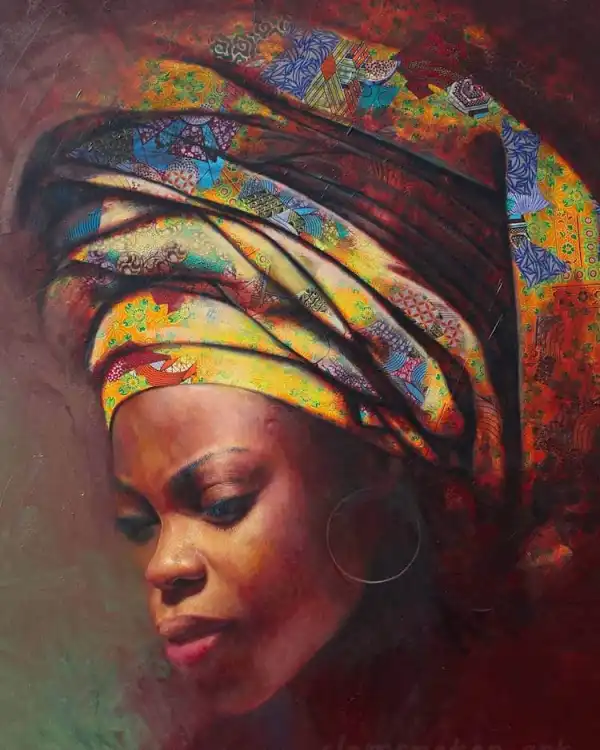It is a fact that feminism is not a borrowed construct in Africa, as African women have always created political avenues, social responses and ideologies to restore rights in relation to reproduction, domestic violence, maternity leave, sexual harassment, equal pay, women’s suffrage and sexual abuse. African feminism is for African women and enables them to address the problems they face that limit their full function or their freedom of will and expression, and the practice in Africa is not necessarily based on Westernised terms.
Whereas English women writers in the 1800s took a male pseudonym to be published, elderly Muslim women in Sokoto established the title of Senior Faqhi. This allowed these women to manage through independent means in the direction of self-realisation and in creating more connected and sustainable communities.
However, Nana Asma’u 1793–1864 was a prominent feminist icon who knew and understood what it meant for women to make active choices in shaping their communities, as well as the advantages of reinforcing dual gender roles. Within a short period of time, her influence had spread to various parts of West Africa, and even to the banks of the Nile and the outskirts of the Middle East.
The early beginnings of Nana Asma’u
Is education and independence for women possible under Islam? The response actually lies in the experiences and visionary activities of people like Nana Asma’u, in relation to a community that manages a balance of control.
Nana Asma’u is named after Asma bint Abi Bakr, a companion of the Prophet. She lived through the Fulani War when she was only 11 years old. She followed in the footsteps of her father, Usman dan Fodio who preached that the marginalisation of women in education and community led to corruption in society. Nana pursued Qur’anic studies and became a prolific author versed in the art of learning to teach at the Qadiriyyah Sufi school, where the exchange of knowledge was eminent. Communication in her line of work was facilitated by her ability to speak four languages; Arabic, Fula, Hausa and Tamacheq Tuareg.
Men have had the advantage of building networks with less effort than women. In Hausaland, even in the mosque and private homes there is a general aura of congregation, often referred to as brotherhood. Nana Asma’u’s teachings made Muslim women feel more self-confident to derive a strong sisterhood, which imposed a supportive community. Runaway wives from abusive relationships, for example, exercised their right to speak out.
Nana Asma’u as an iconic figure
As a poet, teacher, scholar, and intellectual in her own right, Asma’u’s contributions shattered mythical stereotypes of Muslim women. Historically, oppression that curtails Muslim women’s voices in exchange for silence and relegation to domestic activities has always resulted in a less concrete social body. British colonisers found it difficult to cope when they came into contact with the intellectual milieu of Sokoto society.
Asma’u integrated an educational movement called Yan Taru that connected female educators or Jaji. The Jaji took the message to the marginalised rural villages. In time, Nana Asma’u became an important source of guidance for the Sokoto rulers at the time. Not only had he memorised the Qur’an, but he also learned fiqh (jurisprudence) from a very young age and wrote more than 60 published works that are still available for research and study.
Asma’u inspired her Jajis to share wisdom through poetry, even in times of travel, and contributed to the growth of a whole movement of Sokoto women poets who explore the use of classical Arabic literature in their texts. As the saying goes: “If you educate a man, you educate an individual, but if you educate a woman, you educate a family (nation)”. Asma’u applied this concept to enlighten women and thus built-up families, and what was a community suffering from the aftermath of war.
It is worth noting that the world of African feminism has seen an immense contribution due to the achievements of Nana Asma’u, whose focus was not on the rich, famous and powerful, but on the weak and vulnerable. Her constant message was about the virtue of patience, the need for love and respect in relationships and sustained equality in the community.










